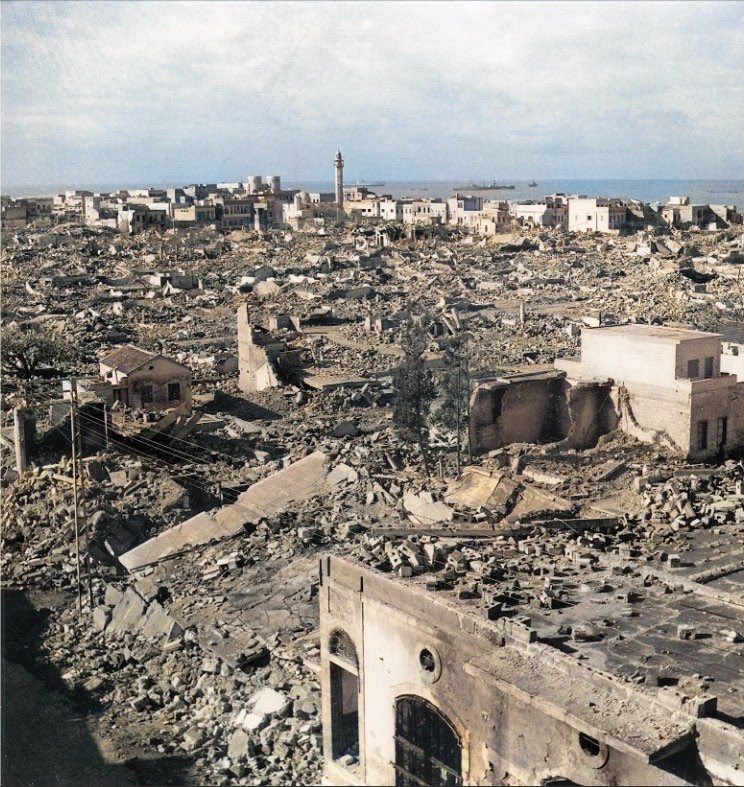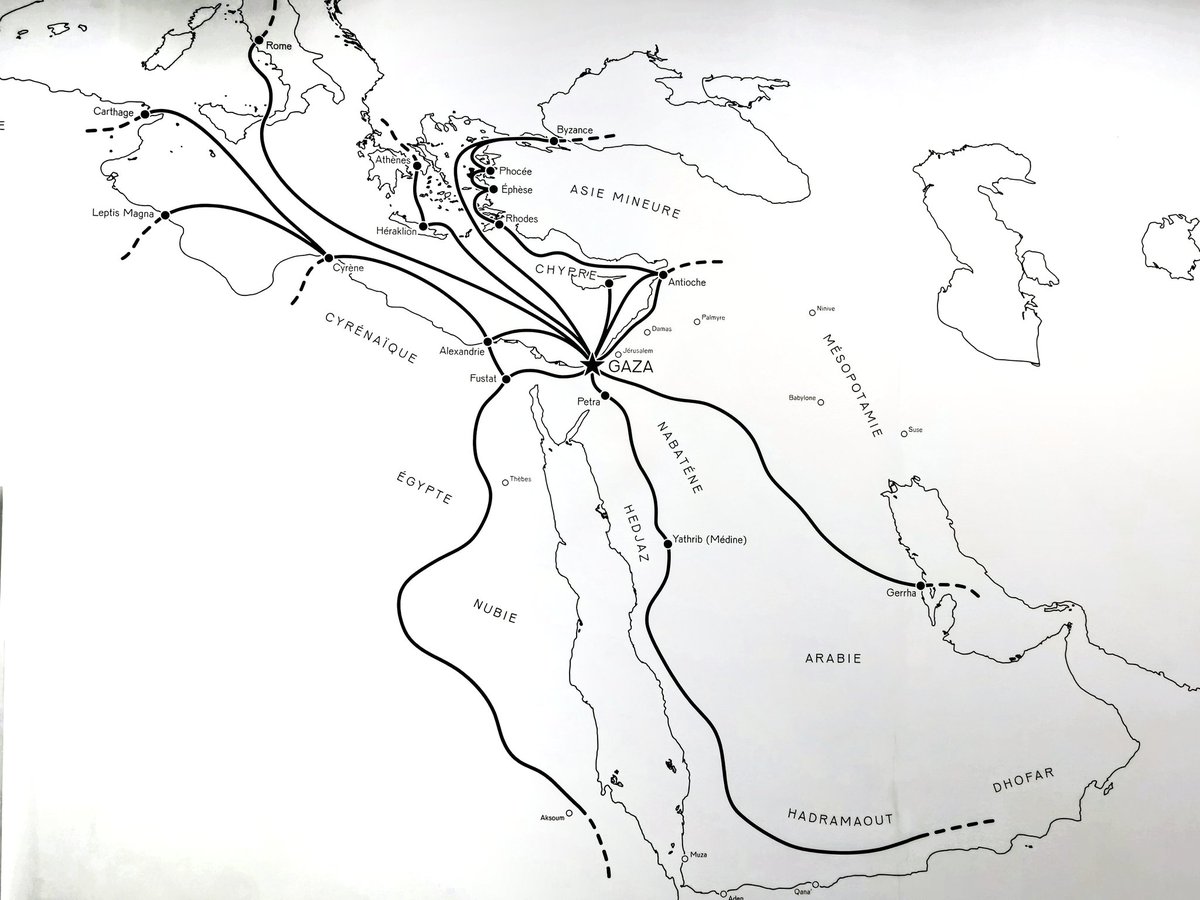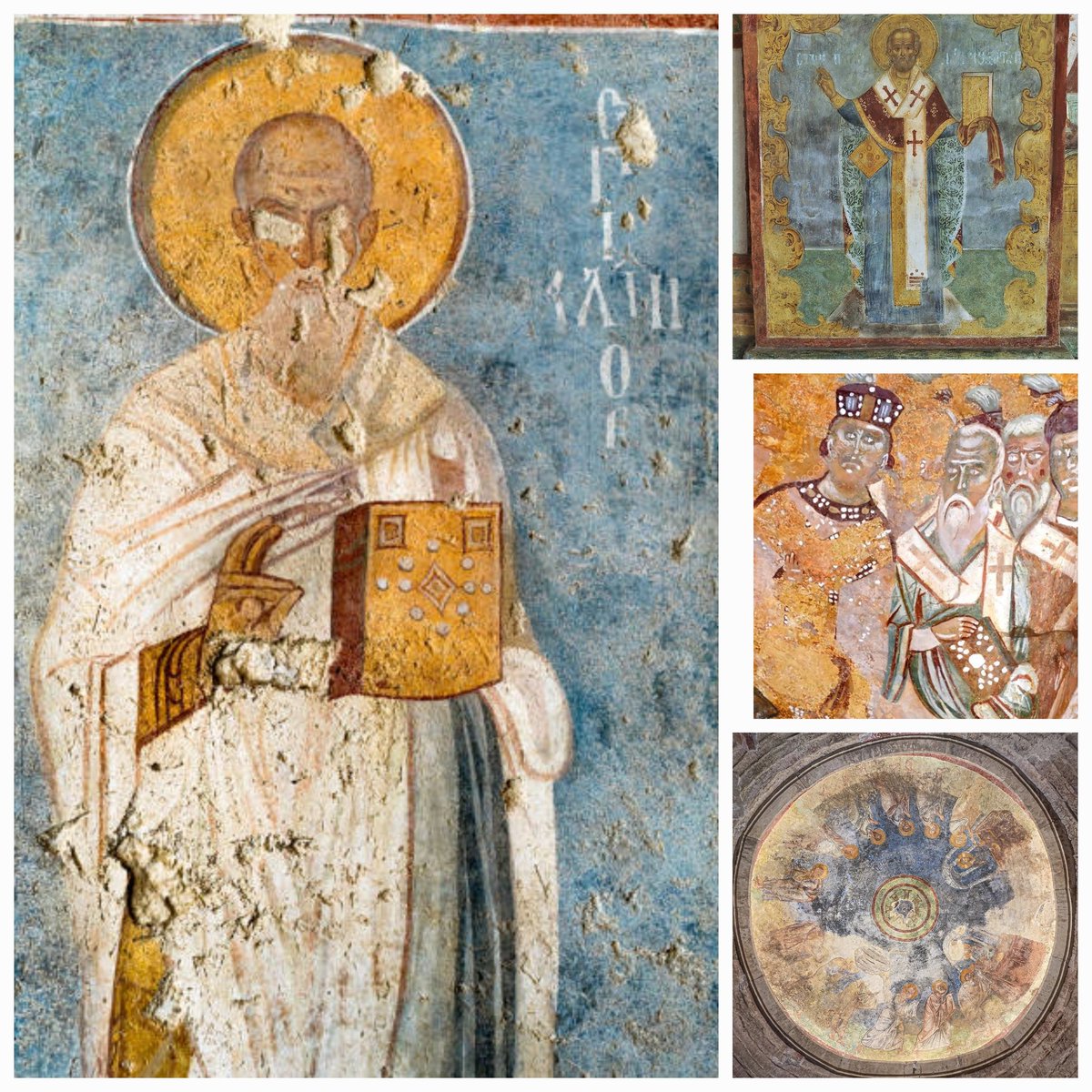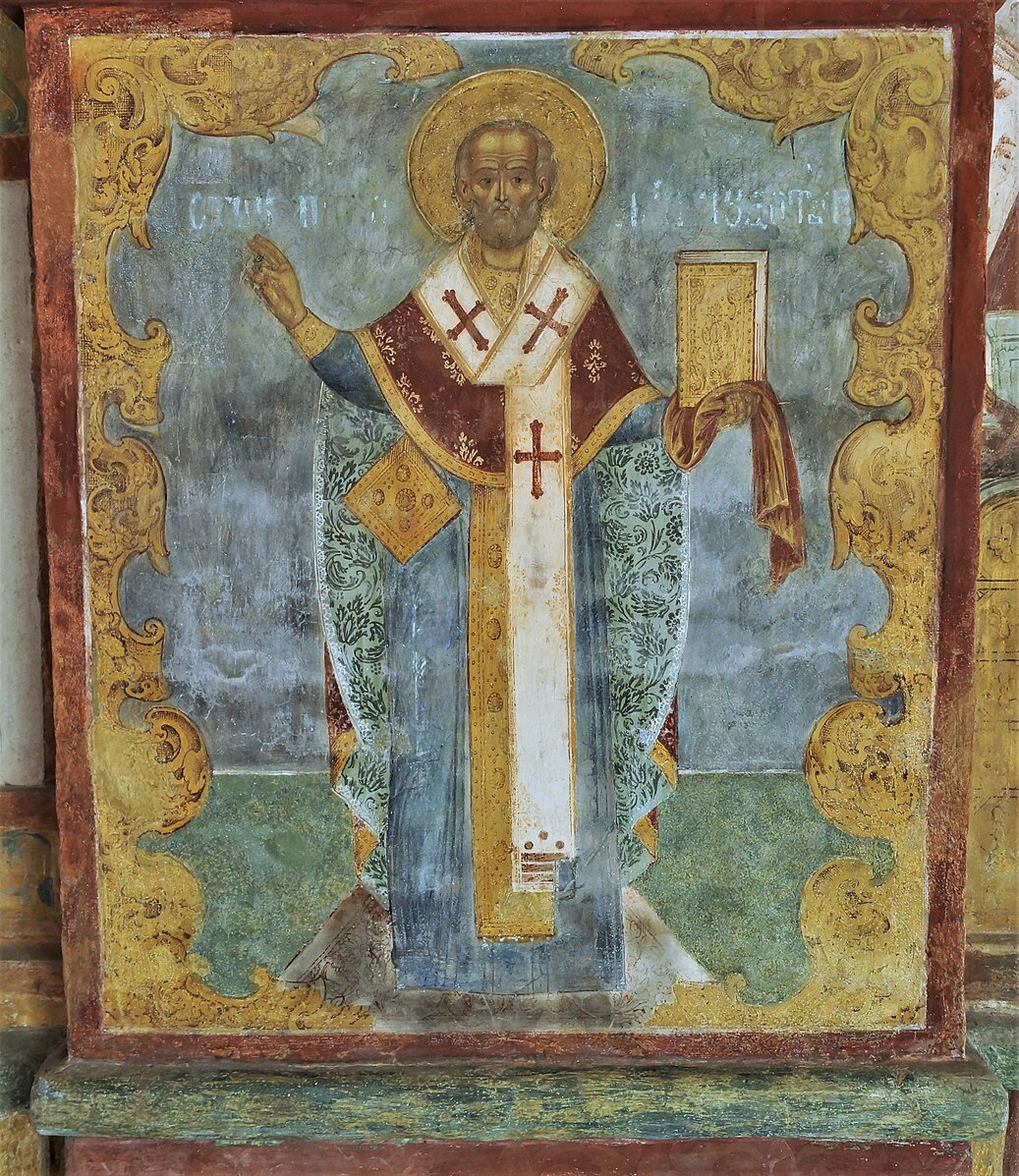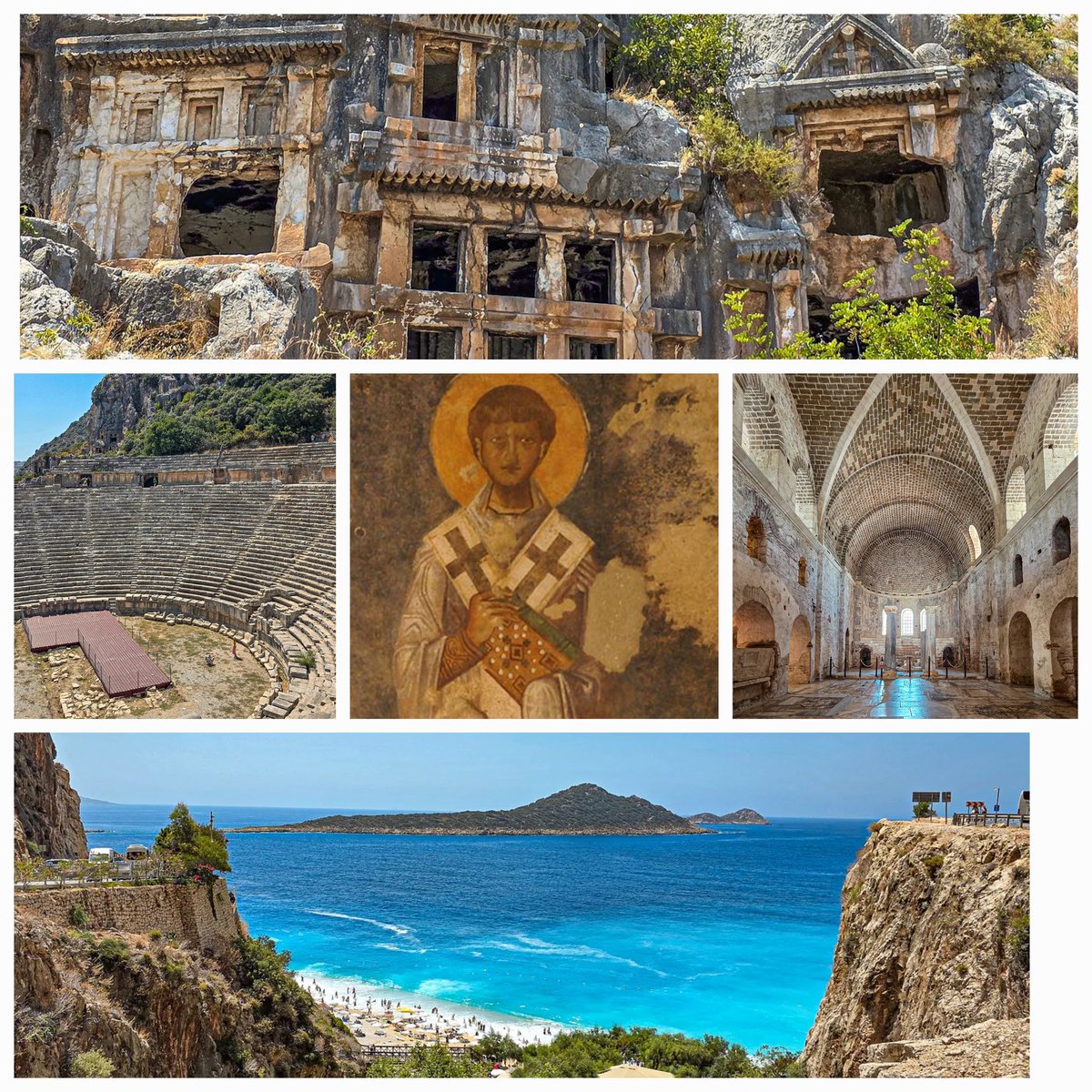My beautiful great-grandmother Sophia Pattle Dalrymple by Watts, painted in 1852 in Little Holland House 

In January 1851, the Victorian painter G. F Watts, then regarded as the country’s greatest artist- ‘England’s Michaelangelo’- came to stay at Little Holland House. This was a rambling dower house backing onto Holland Park & looking onto farmland that would soon become Kensington 



Watts, according to his Franco-Bengali hostess, Sarah Prinsep, had been invited for “three days[ but] stayed for thirty years”. He lived in the house, built his studio there & frescoed the walls with allegories 

The fame of Watts & the charms of Prinsep’s beautiful sister Sophia, acted as an irresistible magnet for the young Turks of the London art scene: Burne-Jones, Leighton, Rossetti & Holman Hunt. For the next 30 years Little Holland House would become the centre of London’s bohemia. 

Little Holland House came into its own on Sunday afternoons, when the rest of England descended into a silent Calvinistic gloom. Sara Prinsep’s highly unconventional Sunday gatherings attracted all the leading lights of the day. 

As well as the artists, there came large numbers of writers: Thackeray, Browning, Tennyson & George Eliot, Ruskin & Carlyle, the scientist Sir John Herschel, the explorer Richard Burton and a tolerated minority of politicians such as Gladstone and Disraeli. 





Guests were free to roam around the wide lawns, “to sit talking in the shaded, richly coloured lavender-scented rooms, or relax over a game of croquet”. 

Sophia's sister, Julia Margaret Cameron, who was taking shots to illustrate Tennyson’s Idylls of the King, would drape luminaries in rugs and tinsel crowns and make to them pose as King Arthur, while stray passers by would be dressed up as Queen Guenevere or the Lady of the Lake 

As darkness descended, musicians among the guests such as Joachim or Hallé would get out their instruments and begin to play. 

Sarah & Sophia's mother was French and they had a Bengali Hindu great-grandmother from whom she and her sisters inherited their dazzling dark eyes & skin. The family had been brought up in Calcutta and they spoke Hindustani among themselves and tied rakhis on their wrists. 

While the rest of London was suffocating in crinolines& busks “the ladies at Little Holland House had adopted a graceful&beautiful style of dress made of rare Indian stuffs &from India came also many of the ornaments they wore: the clustered pearls, the delicate Indian jewells” 

Sophia's portrait is now at the wonderful @WattsGallery but is currently being conserved before setting off on tour to the Royal Academy then the Washington National Gallery for the Women in White show. 

• • •
Missing some Tweet in this thread? You can try to
force a refresh



